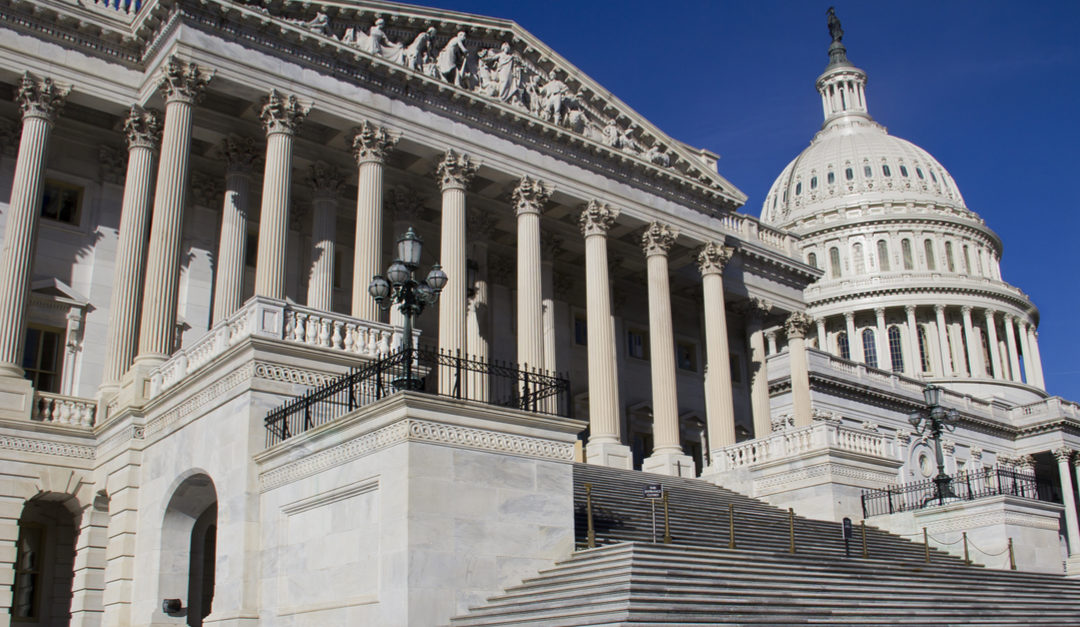
POWER
As I watched in the night visions, I saw one like a Son of Man coming with the clouds of heaven. And he came to the Ancient One and was presented before him. To him was given dominion and glory and kingship, that all peoples, nations, and languages should serve him. His dominion is an everlasting dominion that shall not pass away, and his kingship is one that shall never be destroyed (Daniel 7:13,14).
“Power tends to corrupt, and absolute power corrupts absolutely…” wrote Lord Acton in a letter to Bishop Mandell Creighton in 1887. Human institutions and governments don’t give us cause for optimism. No matter how well intentioned, none is perfect. Is there any hope for the future?
The prophet Daniel says, Yes! There is hope – in God, the Ancient of Days and the Son of Man, whose kingdom will endure forever.
Daniel 7 is different in both style and content from the preceding chapters. Apart from a reference to Belshazzar in the opening line, there is no other specific historical reference.
Whereas Daniel 1-6 names rulers, chapter 7 speaks of beasts with malevolent intent. But also introduced is a Gandolph-like supernatural figure whose position and power are immense. It’s as though Daniel has moved from the stage of history to the world of sci-fi.
Daniel 7 lays out a vision that is pessimistic about human leadership and power, but optimistic about a kingly power that is greater than any other power. So, in Daniel 7:13-14 we read of One whose powerful rule is not only without equal but will last forever. Enigmatically this ruler is called the Son of Man – in Hebrew, ben Adam (son of Adam).
This phrase could be a substitute for the personal pronoun ‘I’, as in I am a man. It could also refer to the people of Israel. Hosea 11 speaks of God’s people, Israel, as ‘God’s son’. But there is something else: Son of Man was also used as a reference to a king. Psalm 2 speaks of the king of Israel as ‘son of God’.
When we turn to Matthew, Mark, and Luke, we find that Jesus spoke of himself as the Son of Man. He used the phrase to refer to his humanity as in: ‘I am a son of Adam.’ Significantly, he also used it as a reference to himself as the Messiah – God’s unique, anointed king.
Indeed he put these ideas together at his trial when the High Priest, as Judge, asked him if he was “the Messiah, the Son of the Blessed.” Jesus replied, “I am.” He shocked everyone by then quoting Daniel 7: “And you will see the Son of Man coming with the clouds of heaven” (Mark 14:61). ‘I am a not only a man,’ he was saying, ‘I am uniquely God’s Son and God’s King. One day you will see how true this is.’
Where is our hope for the future? Daniel tells us our hope is in his God – the Ancient of Days (God) and in the Son of Man whose kingdom will endure forever. The Son of Man will overthrow all opposing powers with their menace and corruption, including the power that frightened him so much.
Daniel’s words here could be a reference to Jesus’ defeat of Satan at Calvary. Satan’s sting is still evident, but he is now a mortally wounded beast – defeated, but not finally dead, lashing out trying to create as much havoc as he can before his end. That is probably what Daniel is speaking about towards the end of chapter 7. He sees the arrogant, foul, aggressive ‘little horn’ defeated, but still perpetrating his corrupt, awful schemes.
Against this, the very last verse gives us confidence: But the holy ones of the Most High shall receive the kingdom and possess the kingdom forever—forever and ever (Daniel 7:18). The day will come when God will publicly step on to the stage of human events and rescue his people, promoting them to reign with him forever.
We have every reason to be optimistic, not because of human institutions, but because of the God of the ages who holds all things in his hands, who stands in the wings of history, quietly, persistently working out his purposes. Jesus’ resurrection points to the reality of this.
And we should not forget the privilege God has given us now. He calls on us to work with him as he pursues his purposes for his people. What we do in this world changes things; what we do in the service of Christ in this world lasts.
Paul speaks of this in the conclusion to his great chapter on resurrection: Therefore, my beloved, be steadfast, immovable, always excelling in the work of the Lord, because you know that in the Lord your labor is not in vain (1 Corinthians 15:58).
Optional – you may like to read Daniel 7; Mark 14:53-65.

